IN PICTURES
2024 Sony World Photography Awards: Documentary projects
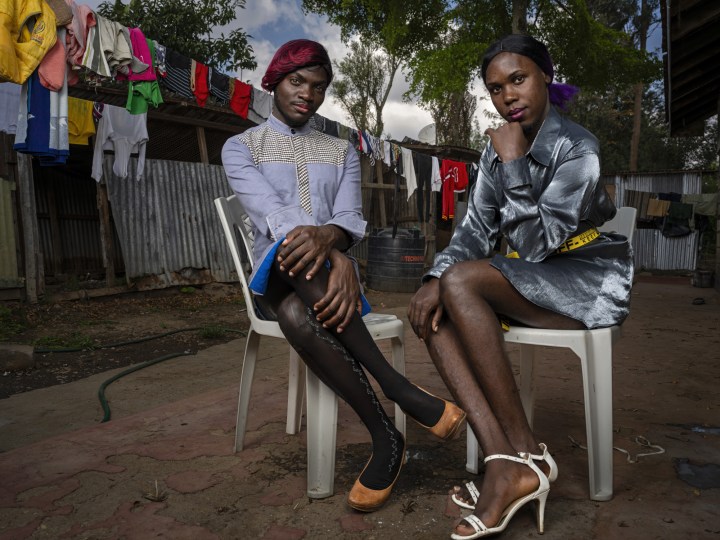
The Sony World Photography Awards returns to celebrate contemporary photography and the ways the arts reflect the world around us. Here is a selection of the images from the Professional competition in the documentary projects category, with Davide Monteleone (Italy), Juliette Pavy (France) and Brent Stirton (South Africa) as finalists.
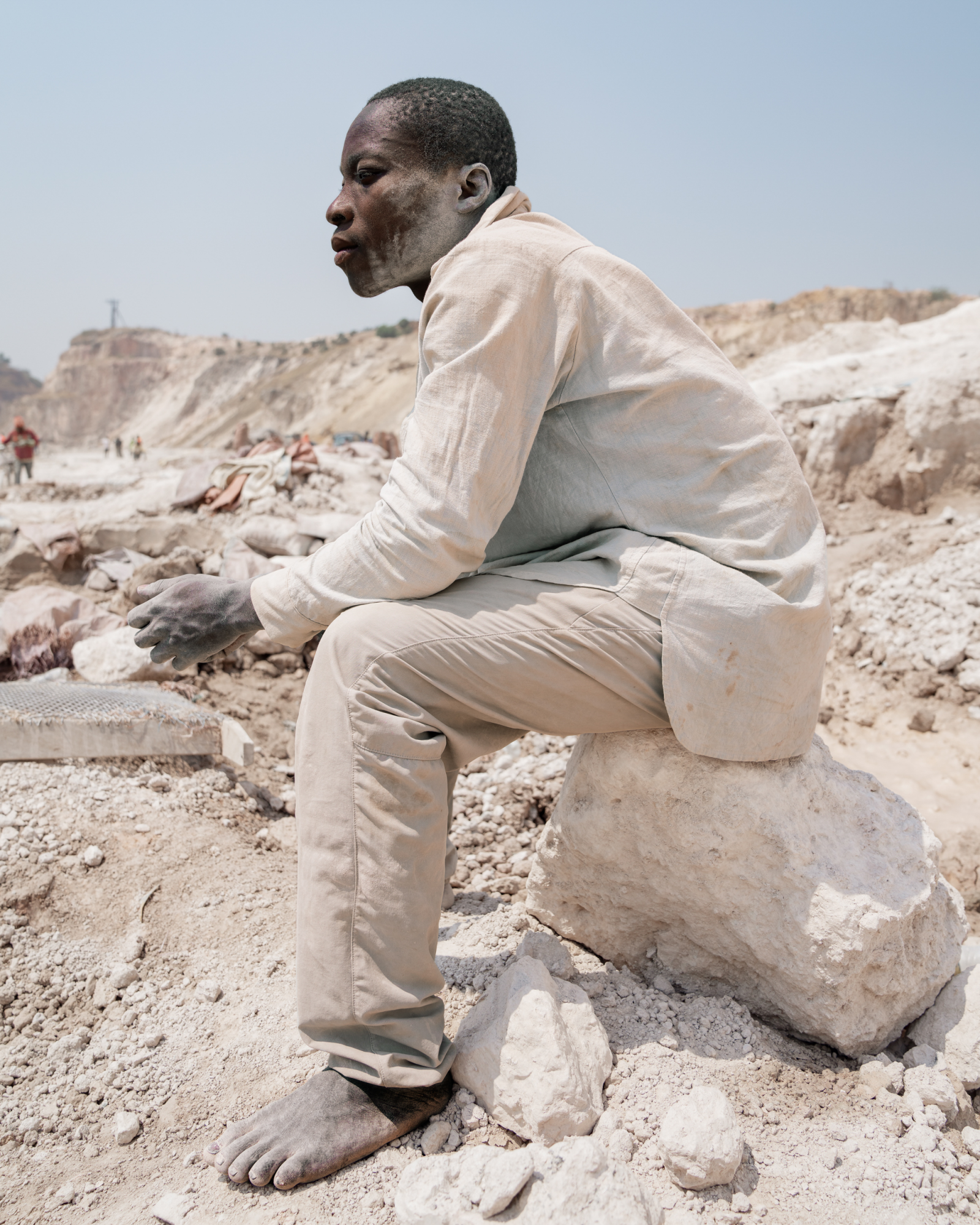
‘Cobalt’. Portrait of a miner at Mutoshi artisanal mining (ASM), COMIAKOL cooperative.
Kolwezi, Democratic Republic of Congo. Critical Minerals – DRC Cobalt aims to investigate the exponential demand for the minerals necessary to achieve renewable energy goals. In the Democratic Republic of Congo I documented the condition and impact of cobalt mining, which is essential for the green energy transition. The environmental and human conditions of cobalt mining have been widely reported, and the mainstream narrative faithfully describes the devastating working conditions and problematic health, environmental and economic conditions that men, women and children are subjected to, directly or indirectly. This series underlines that the future of critical minerals lies not just in the depths of the earth, but in our collective commitment to creating a sustainable and equitable world. By weaving these threads into a compelling narrative, this project engages audiences in a broader conversation about the choices we make today and their profound implications for the sustainability of our planet. Image: © Davide Monteleone, Italy, Finalist, Professional competition, Documentary Projects, Sony World Photography Awards 2024
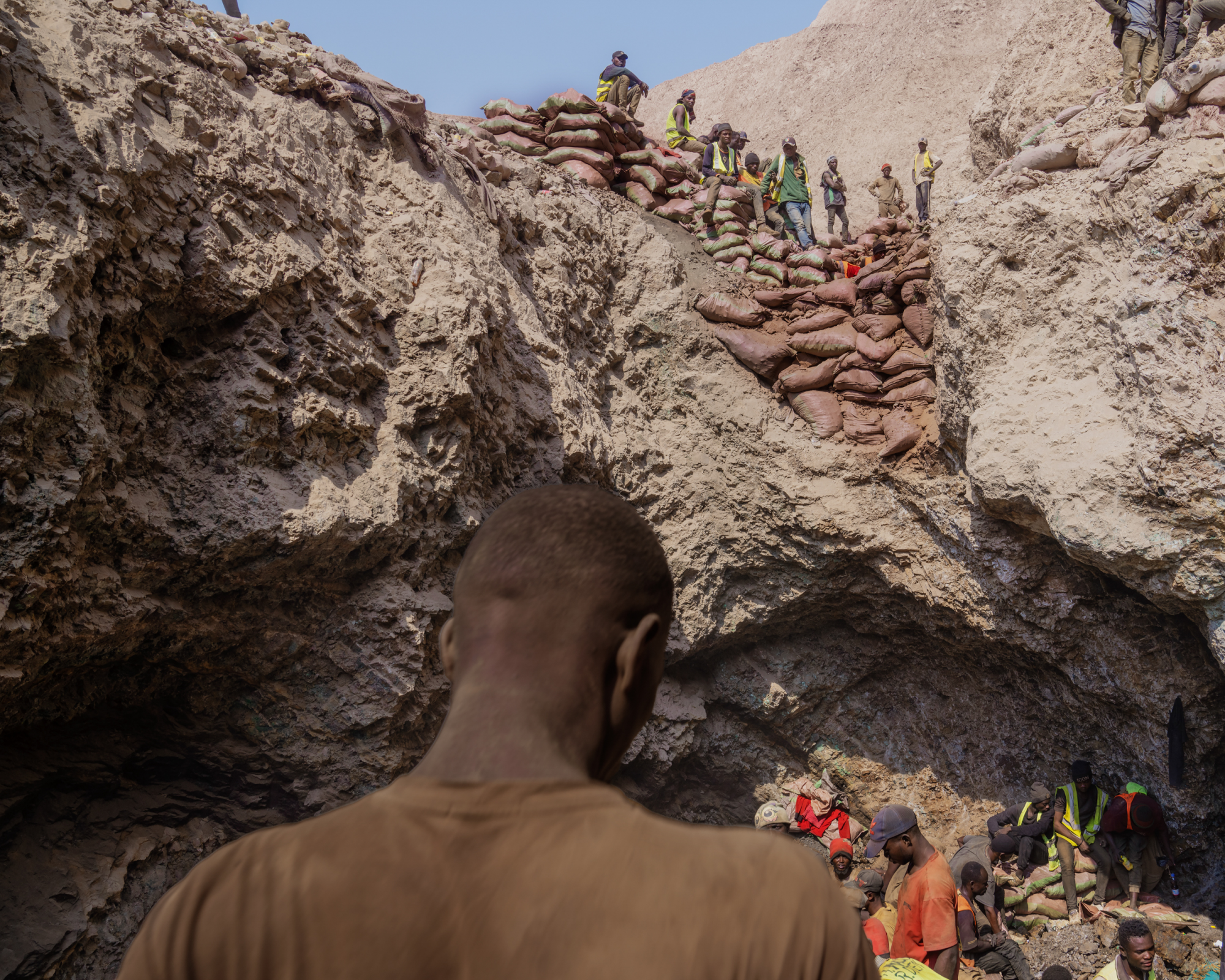
‘Cobalt’. Shabara is one of the largest artisanal copper and cobalt mines in the region. Around 20,000 people work at the site, in shifts of 10,000 at a time. Image: © Davide Monteleone, Italy, Finalist, Professional competition, Documentary Projects, Sony World Photography Awards 2024
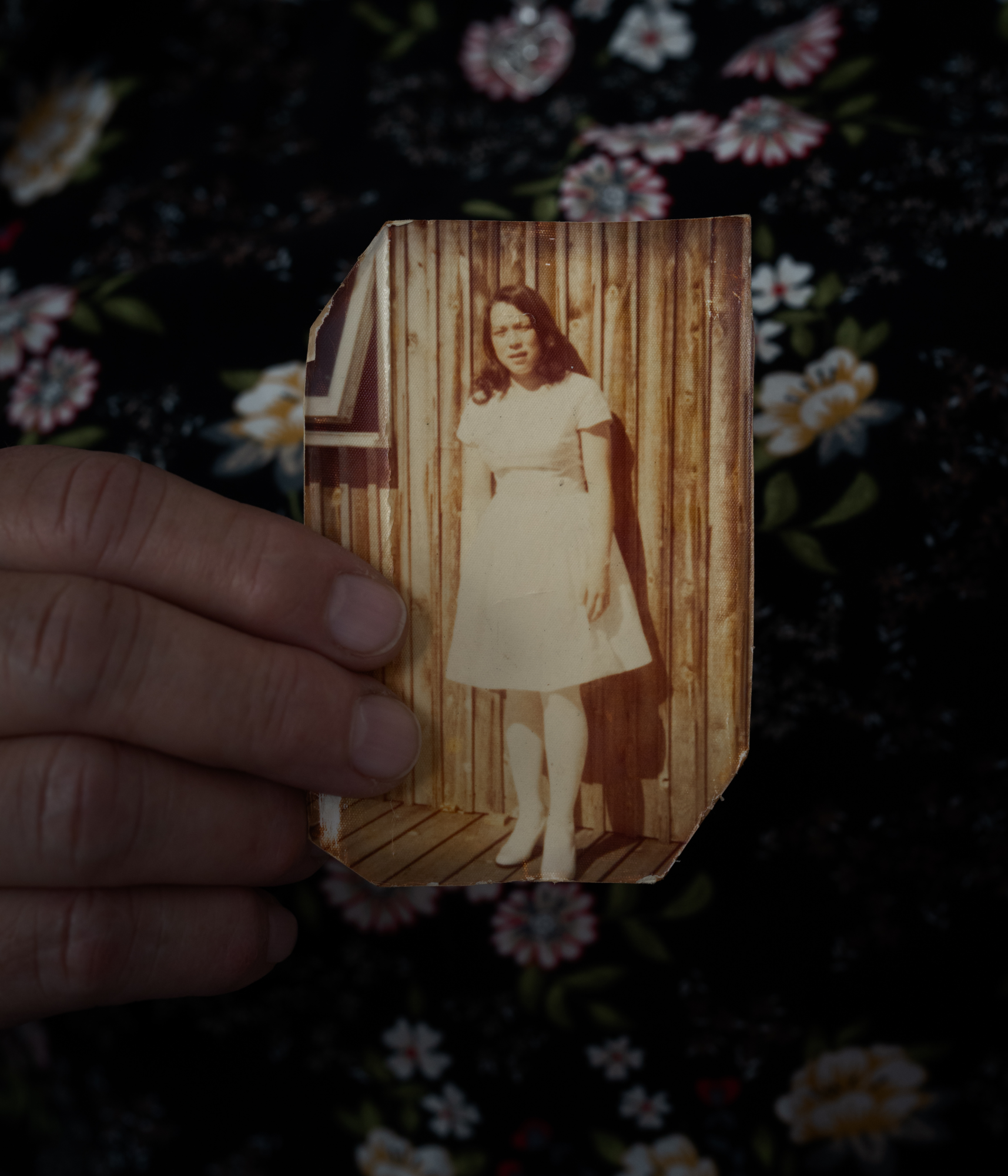
‘Spiralkampagnen’. An archive photograph of Jytte Lyberth at the age of 14, when she had her IUD inserted. After a school medical check-up she went to hospital and was asked to take off her clothes. She was never told what was going to happen. A few months later she experienced severe pain from the coil and returned to hospital to have it removed. Since then, she has never been able to have children. Between 1966 and 1975, Greenlandic Inuit women were the victims of an involuntary birth control programme known as the Spiralkampagnen (spiral campaign). Led by the Danish authorities, nearly 4,500 intrauterine devices (‘coils’) were implanted into Inuit women and girls, some as young as 12, many of whom say that the procedure was performed without their consent. This campaign was first revealed by a Danish podcast in spring 2022, and documents now prove that the authorities implemented the policy to reduce Inuit population growth. An official investigation has now been opened, which is set to conclude at the end of 2024. Image: © Juliette Pavy, France, Finalist, Professional competition, Documentary Projects, Sony World Photography Awards 2024
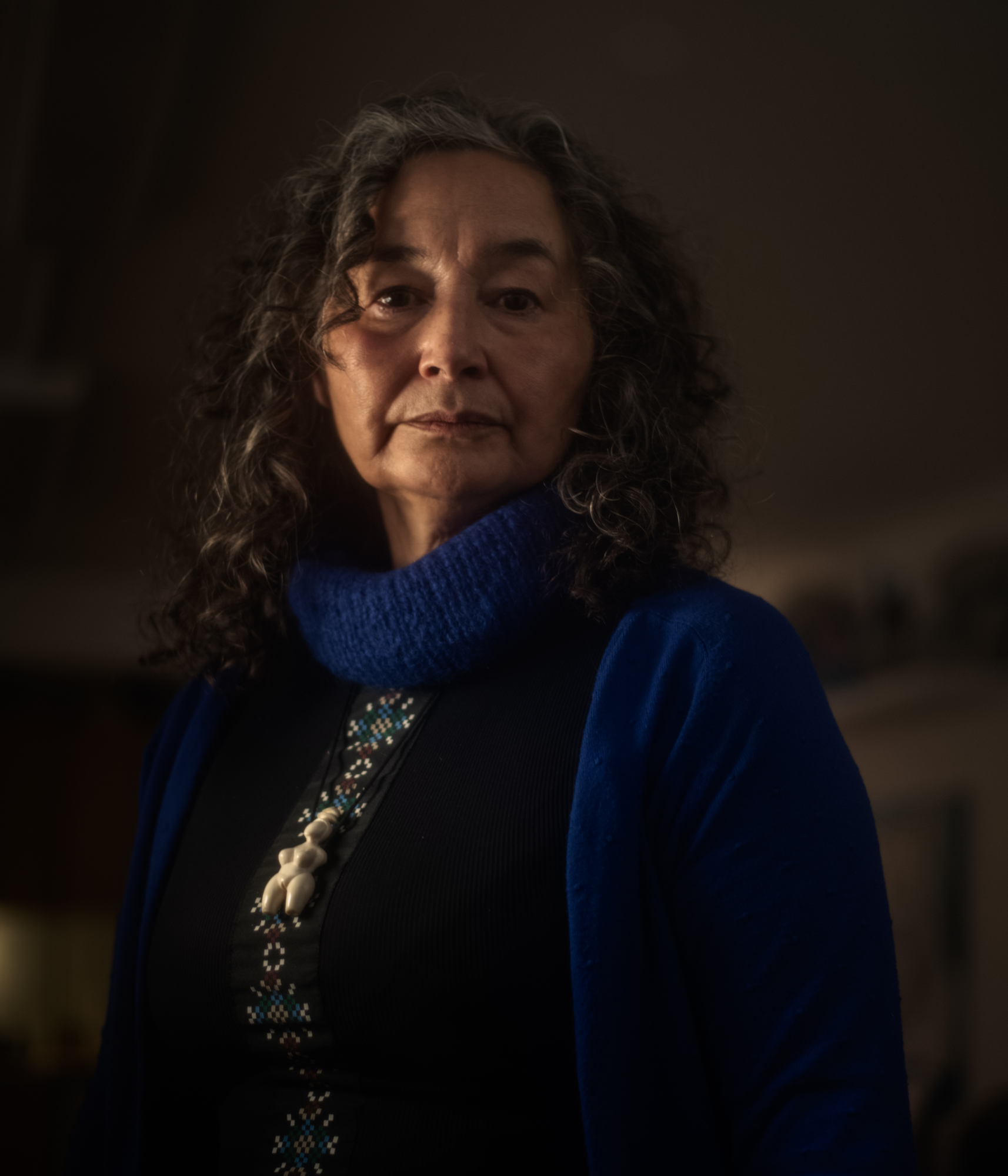
‘Spiralkampagnen’. In 2019, Naja Lyberth, a psychologist in Nuuk, told her personal story to a local newspaper. Following revelations of the existence of a Danish policy of forced contraception, she created a Facebook group that brought together other victims: ‘We have the right to own our bodies, and it is our human right to have children.’ Image: © Juliette Pavy, France, Finalist, Professional competition, Documentary Projects, Sony World Photography Awards 2024
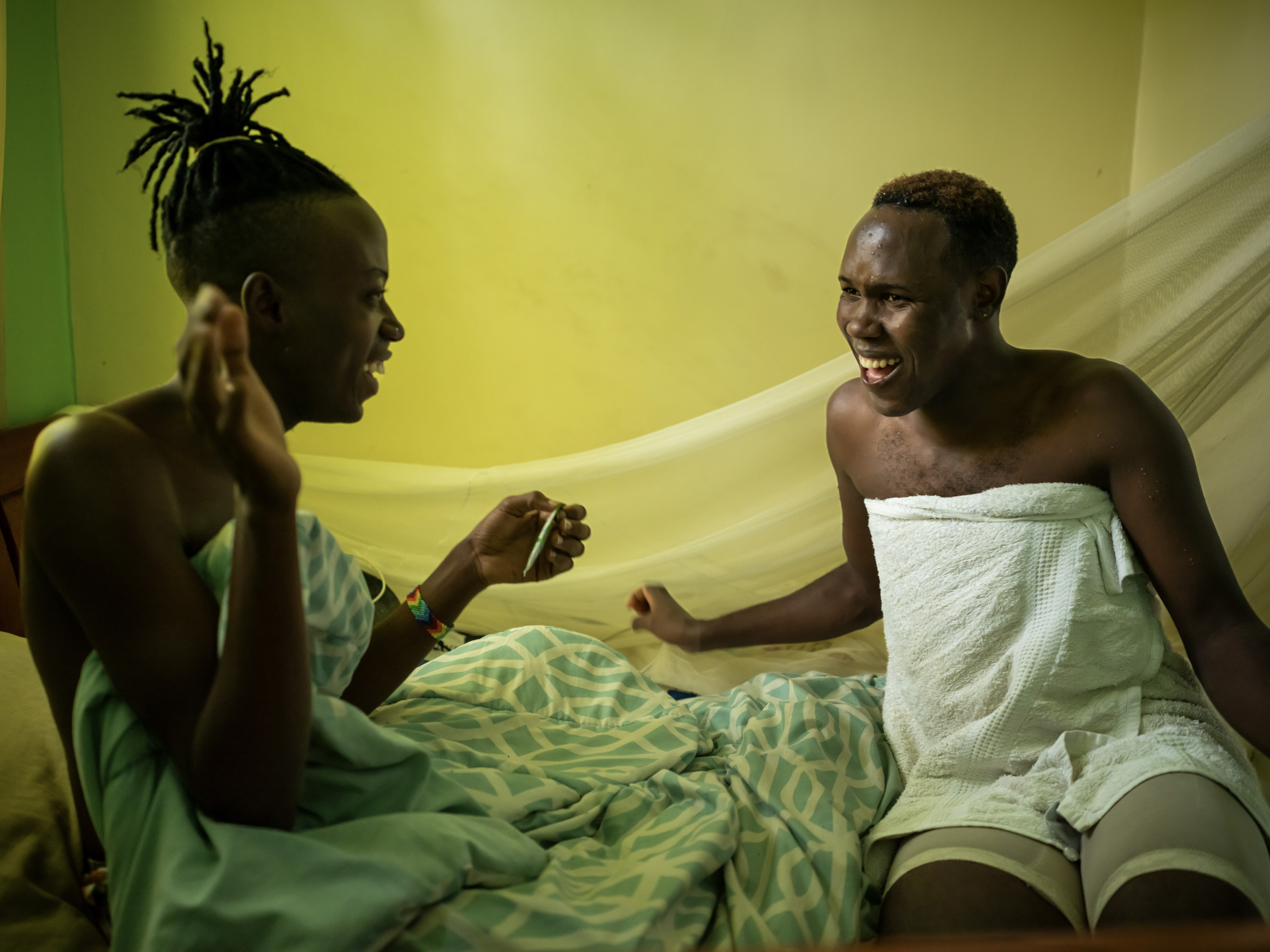
‘LGBTQIA Refugees: Fleeing Uganda’. “Olivia and Pretty photographed in Pretty’s bedroom in a safe house for trans women in Nairobi. Today they will go to church and a nightclub; they always prepare extensively for these outings. Olivia is visiting from Kakuma refugee camp, which is where most LGBTQIA refugees are sent. They are extremely vulnerable in the camp. In May 2023, Uganda criminalised same-sex conduct for those convicted of ‘aggravated homosexuality’, even though the Anti-Homosexuality Act of 2023 violates some of the fundamental rights guaranteed under Uganda’s constitution. Uganda’s penal code already punishes same-sex conduct with life imprisonment, but the new law legislates on new crimes, such as the ‘promotion of homosexuality’; introduces the death penalty for several acts considered as ‘aggravated homosexuality’; and increases sentences for attempted same-sex conduct to 10 years. Anyone advocating for the rights of LGBT people now faces up to 20 years’ imprisonment. Many LGBTQIA people have been forced to flee the country, and are now in fragile safe houses in Kenya. I felt compelled to work on this, as these laws are a violation of human rights and an assault on democracy: people in the LGBTQIA community are entitled to the same consensual rights as all humans when it comes to love and intimacy.” Image: © Brent Stirton, South Africa, Finalist, Professional competition, Documentary Projects, Sony World Photography Awards 2024
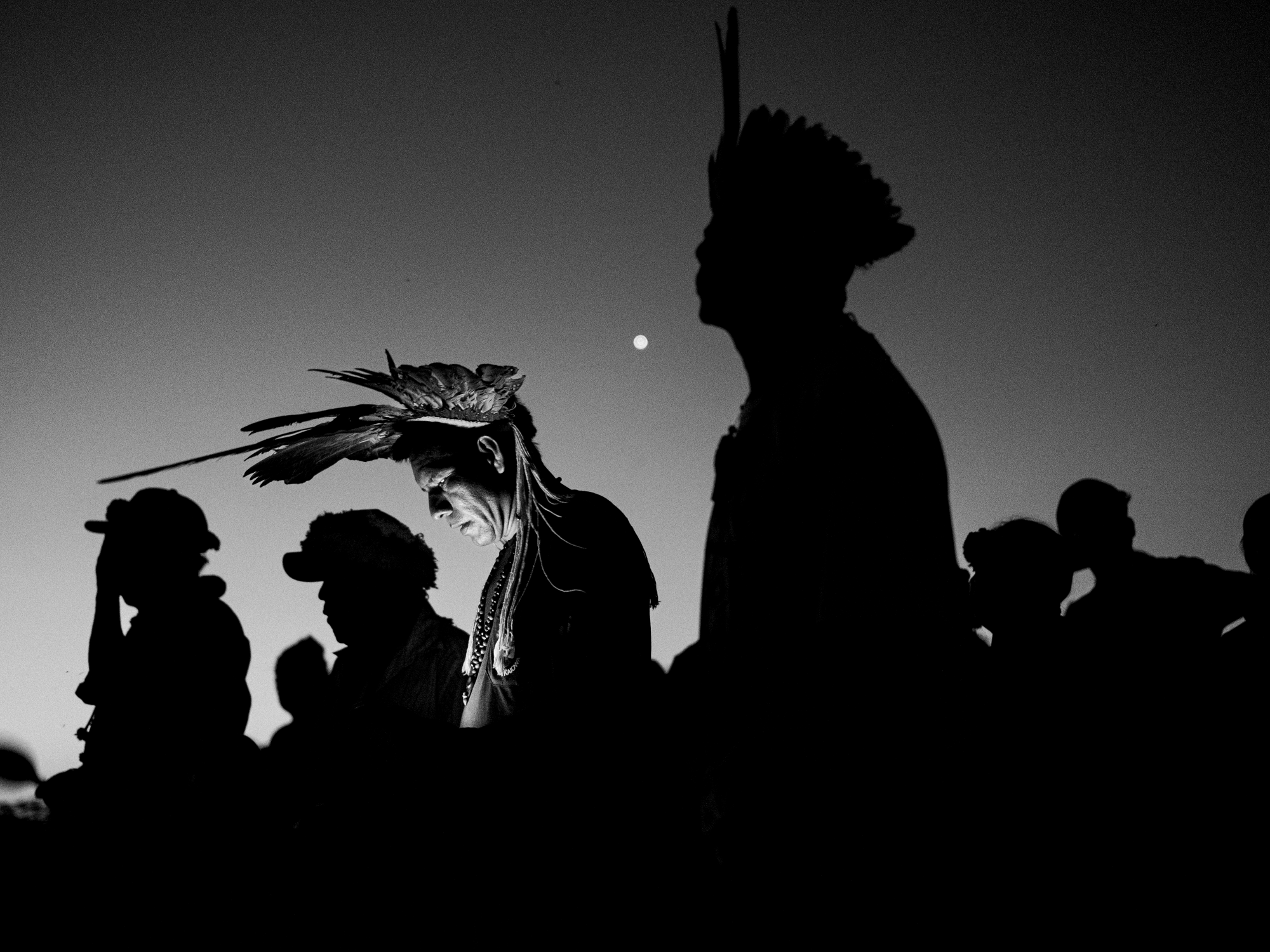
‘Retomada’. Under the light of a full moon, the shamans gather for a protection ritual to ward off armed men, shortly after hearing gunshots nearby. Armed with their maracas and prayer songs, shamans are on the front line in a retomada; they are the spiritual force that supports and guides collective action. Retomada Laranjeira Nhanderu, Rio Brilhante, Brazil. Within Brazil, far from the Amazon, the Retomada da Terra movement aims to reclaim agricultural lands taken from the indigenous Guaraní people. Although this struggle pits them against agribusiness syndicates, coordinated efforts have empowered some Guaraní to reclaim parts of their sacred territory, which once flourished as the Atlantic Forest, but have since been replaced by soy and corn monocultures. The Guaraní’s fight isn’t solely for survival, but encompasses environmental advocacy, an opposition to chemical pesticides and the promotion of reforestation. In a landscape dominated by monoculture fields, where forests once thrived, they emerge as custodians of the land, often paying the ultimate price with their lives. Image: © Renaud Philippe, Canada, Shortlist, Professional competition, Documentary Projects, Sony World Photography Awards 2024
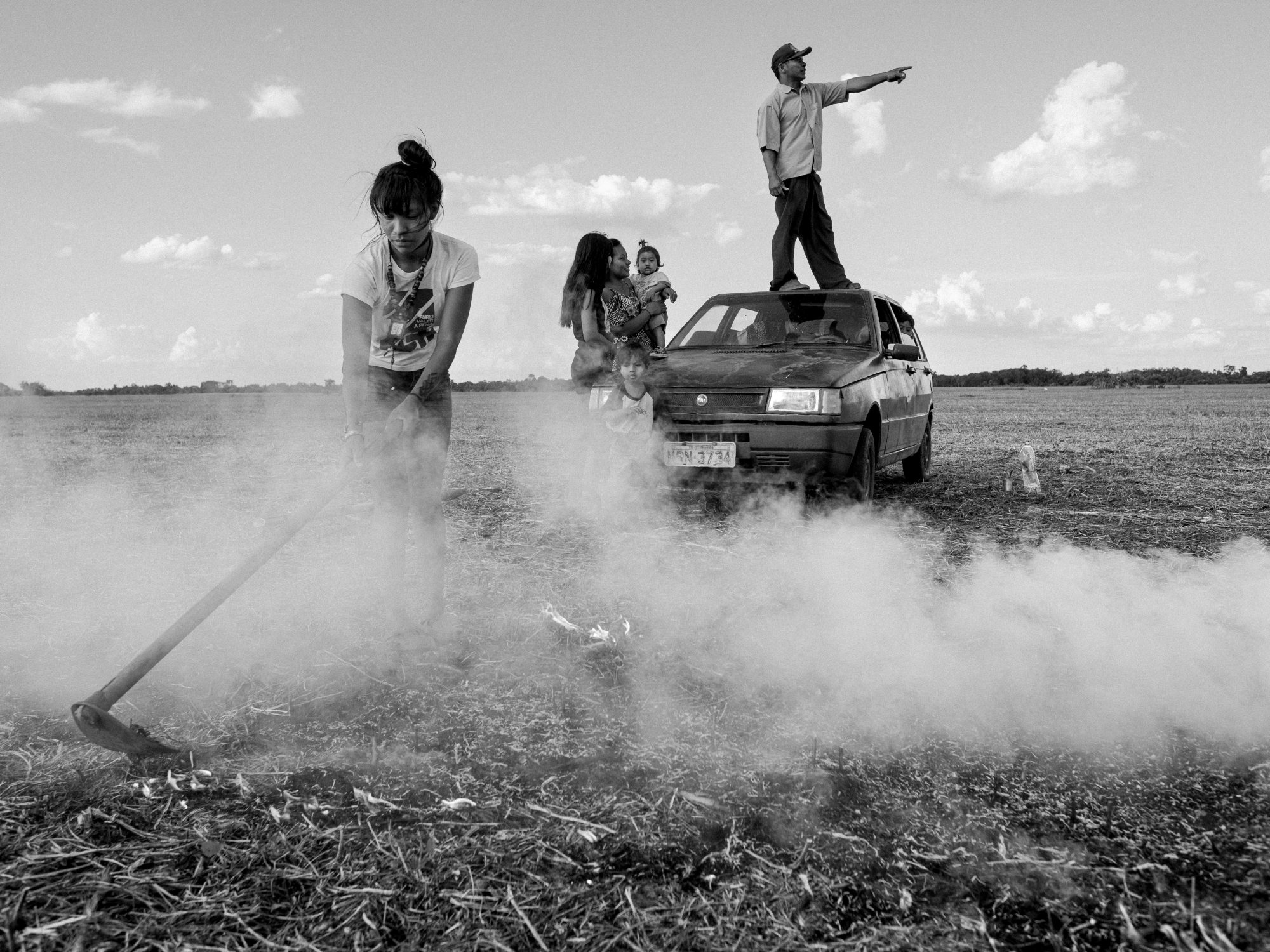
‘Retomada’. A young woman cleans the soil of a newly reclaimed soya field while a Guaraní-Kaiowá mason gives instructions for the construction of the prayer house, the first and most important building in the new Tekoha (Guaraní village). Image: © Renaud Philippe, Canada, Shortlist, Professional competition, Documentary Projects, Sony World Photography Awards 2024
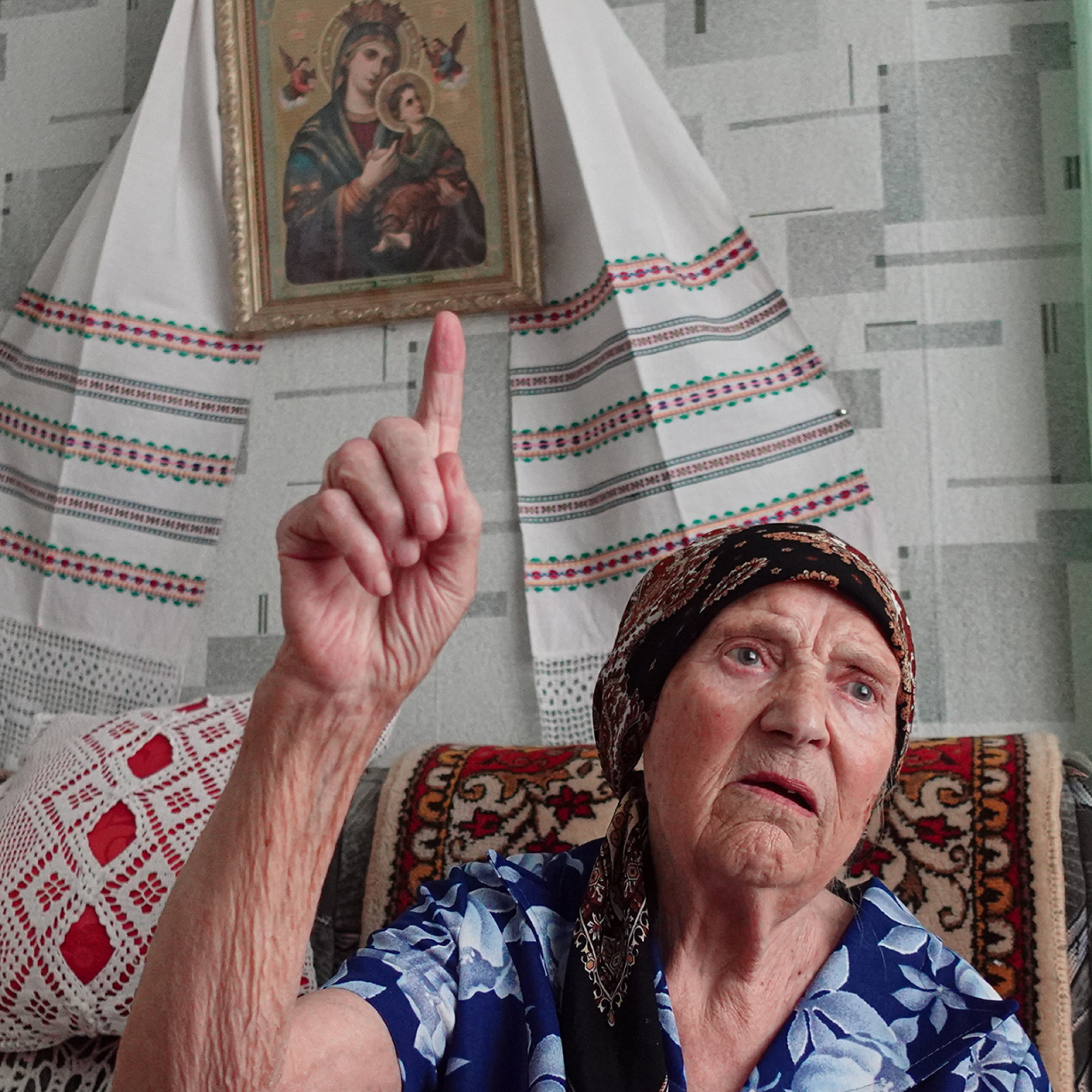
”In God We Trust’. “The Orthodox faith holds a significant place in Moldova’s culture and traditions, influencing daily practices, celebrations and community gatherings. Moldova is a nation facing a complex array of challenges and influences. Its patriarchal tendencies, economic struggles, Orthodox traditions and historical ties to colonialism have shaped its society in unique ways. However, Moldova is also a place of resilience and cultural richness, with a diverse population that continues to seek its place on the global stage. Understanding these complexities is essential for both Moldovans and the international community, as it fosters empathy and offers insights into the ongoing evolution of this small yet significant Eastern European nation. Moldova. Lookbook is a project I have been developing for 15 years, aimed at creating a national visual code for my country that would help establish its identity and answer the question ‘who am I?’.” Image: © Natalia Garbu, Moldova, Republic Of, Shortlist, Professional competition, Documentary Projects, Sony World Photography Awards 2024
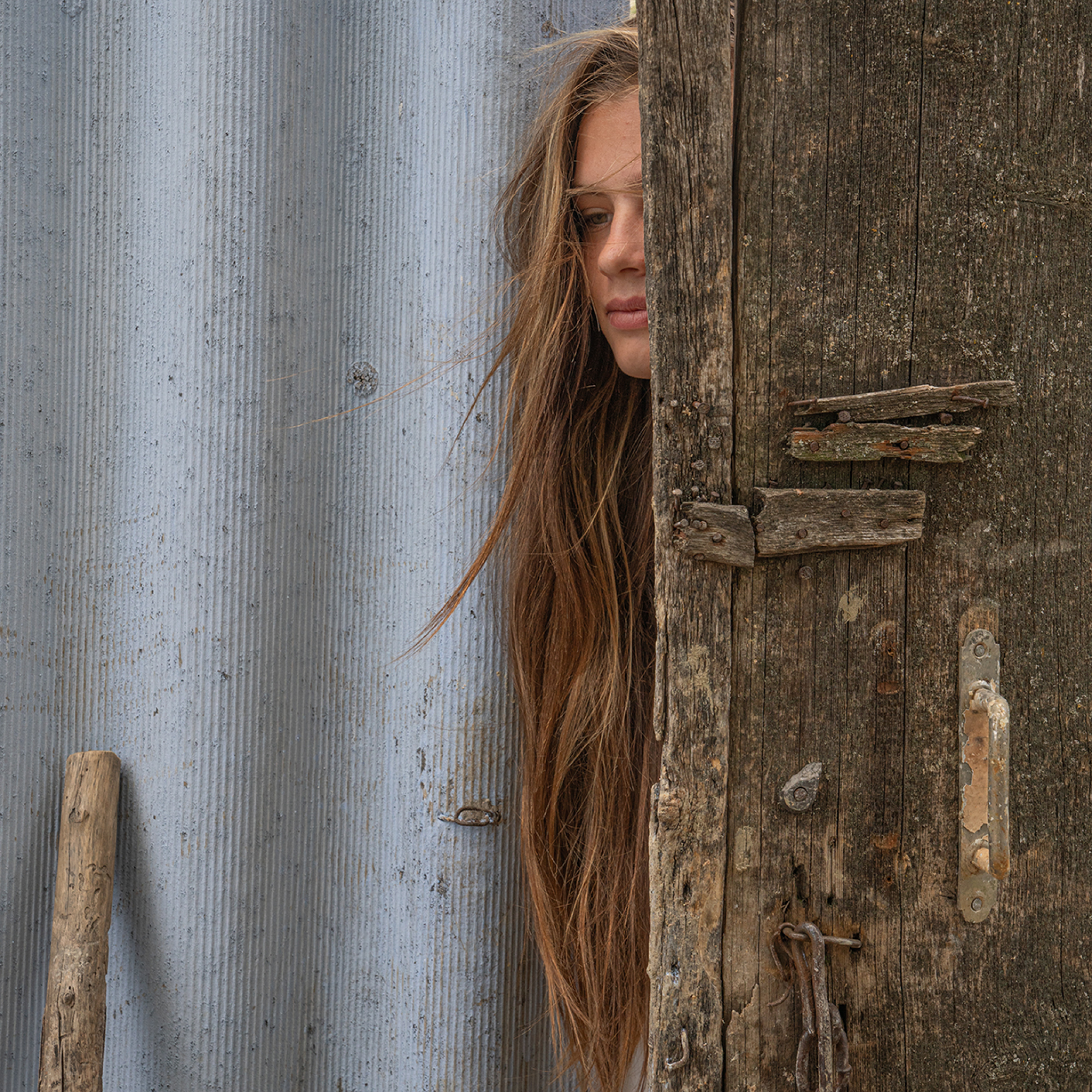
‘Portrait in Earthy Tones’. “Children in Moldovan villages often experience a close-knit community life, engaging in outdoor activities and helping with household chores. Image: © Natalia Garbu, Moldova, Republic Of, Shortlist, Professional competition, Documentary Projects, Sony World Photography Awards 2024
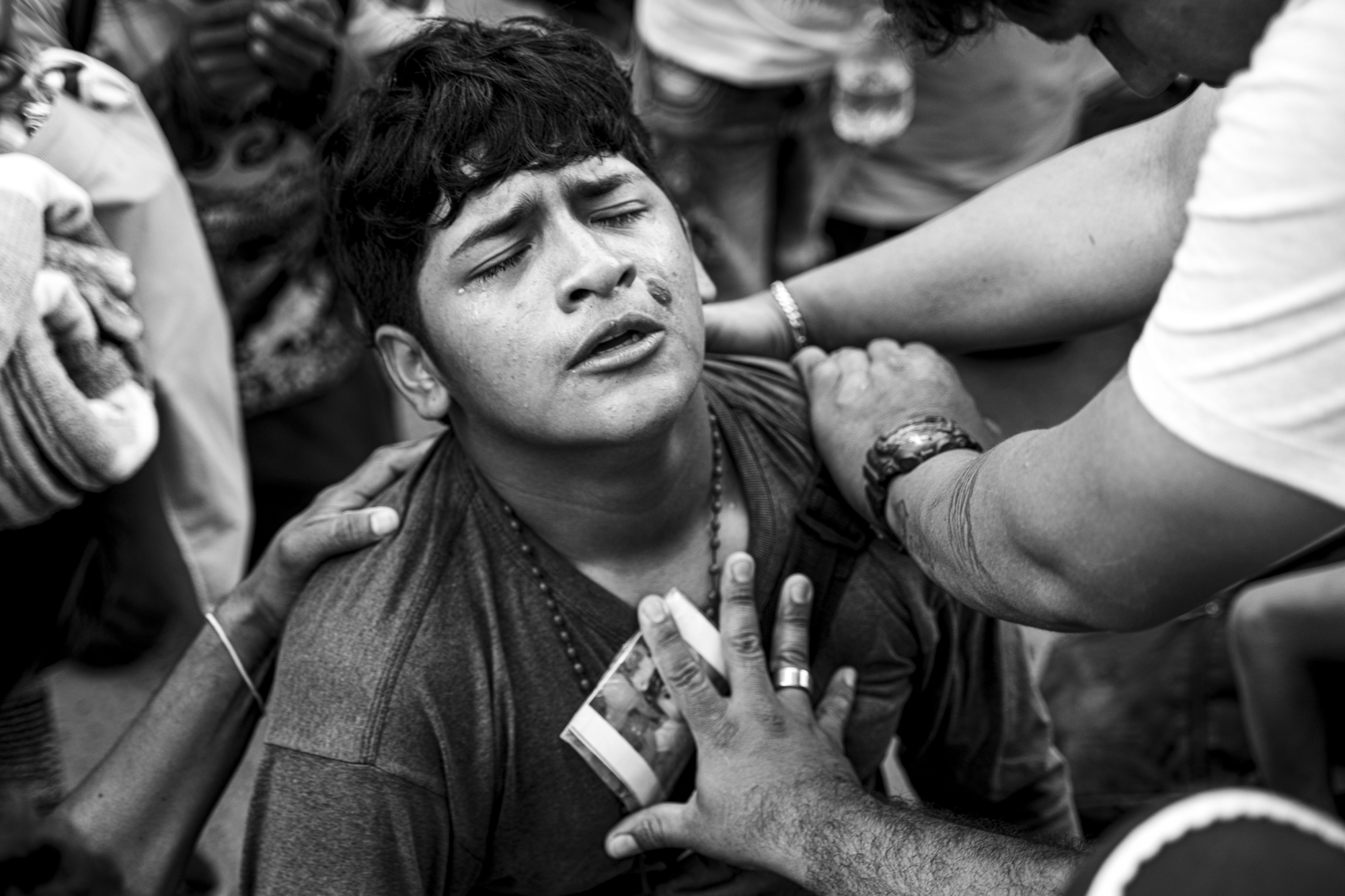
After dragging themselves in penance, many pilgrims enter a state of anguish; their bodies tremble, their wounds bleed and tears flow. This pilgrim in Paita needed help, but his friends and family were there for him. The Ayabaca pilgrimage is at the heart of deep-rooted catholic traditions within the South American region. It is the largest pilgrimage in the continent and attracts thousands of faithful, including a specific type of fervent follower: criminals in search of redemption. I joined these pilgrims to explore and capture the performative image of their cathartic rituals, as they travelled to meet the Captive Lord, represented wearing a spiked crown as he is led to his crucifixion. Every year around May, the first pilgrims depart from southern Peru, heading north towards the highlands of Piura – a four-month walk covering more than 2,000 km. For these pilgrims, the body becomes theologically significant in the process of atoning for their sins, as if to wipe the slate clean for another year. Image: © Ernesto Benavides, Peru, Shortlist, Professional competition, Documentary Projects, Sony World Photography Awards 2024
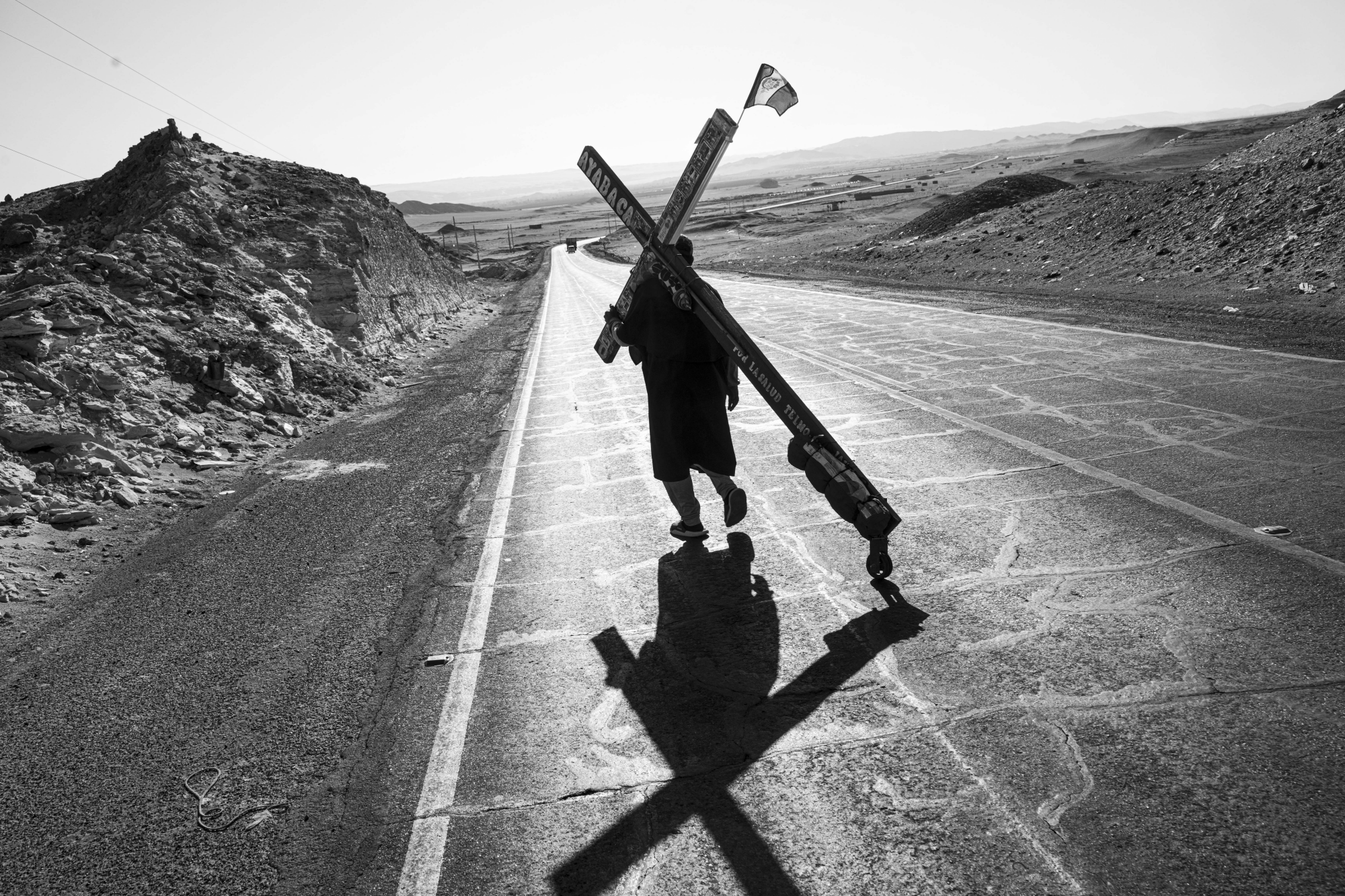
Nil has been on a pilgrimage for the last 12 years, carrying a cross from Arequipa in the south of Peru, to Ayabaca in the north. He has walked more than 2,000 km every year, fulfilling the promise he made to the Captive Lord of Ayabaca. © Ernesto Benavides, Peru, Shortlist, Professional competition, Documentary Projects, Sony World Photography Awards 2024
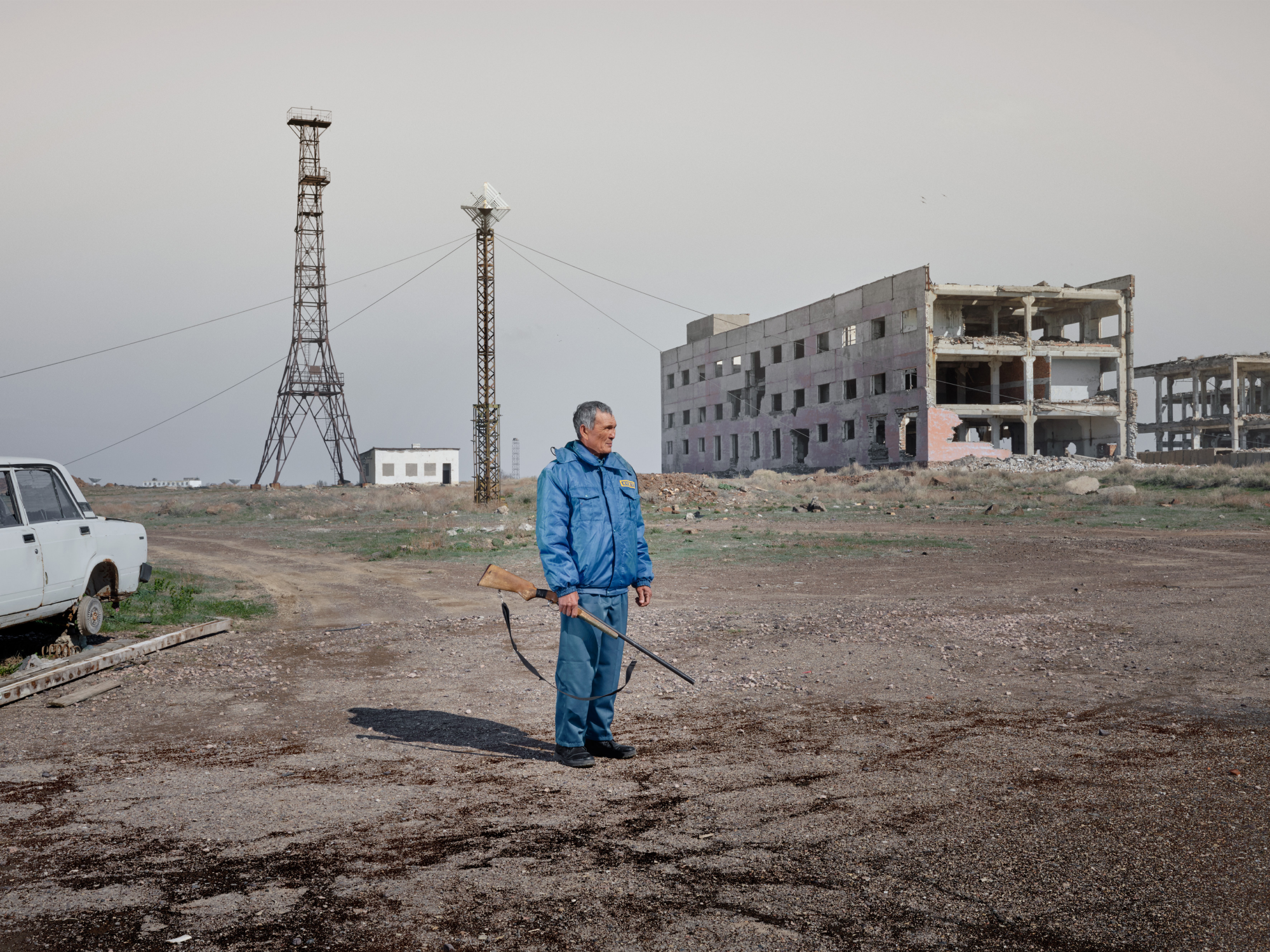
A portrait of Tokhtabek, who was assigned to protect some of the installations at the Sary Shagan missile test range from further destruction by local groups of scavengers. Unfortunately, almost all of the buildings were still dismantled. Kazakhstan is the largest country in Central Asia and until 1991 it was an important republic within the Soviet Union. This vast area is the birthplace of today’s space travel and also of the international arms race. In the late 1940s, in utmost secrecy, parts of this steppe were turned into a vast open-air laboratory, which for decades formed the backdrop to the most destructive nuclear tests ever held on the surface of the planet. No care or consideration was given to the population. This body of work documents both the immense, ravaged landscape and the people who still live among the ruins and have to deal with their deadly history. Some of them come together to scour the land for old pipes and cables, or to find steel in old military installations, their lives marked by poverty and alcoholism. Image: © Eddo Hartmann, Netherlands, Shortlist, Professional competition, Documentary Projects, Sony World Photography Awards 2024
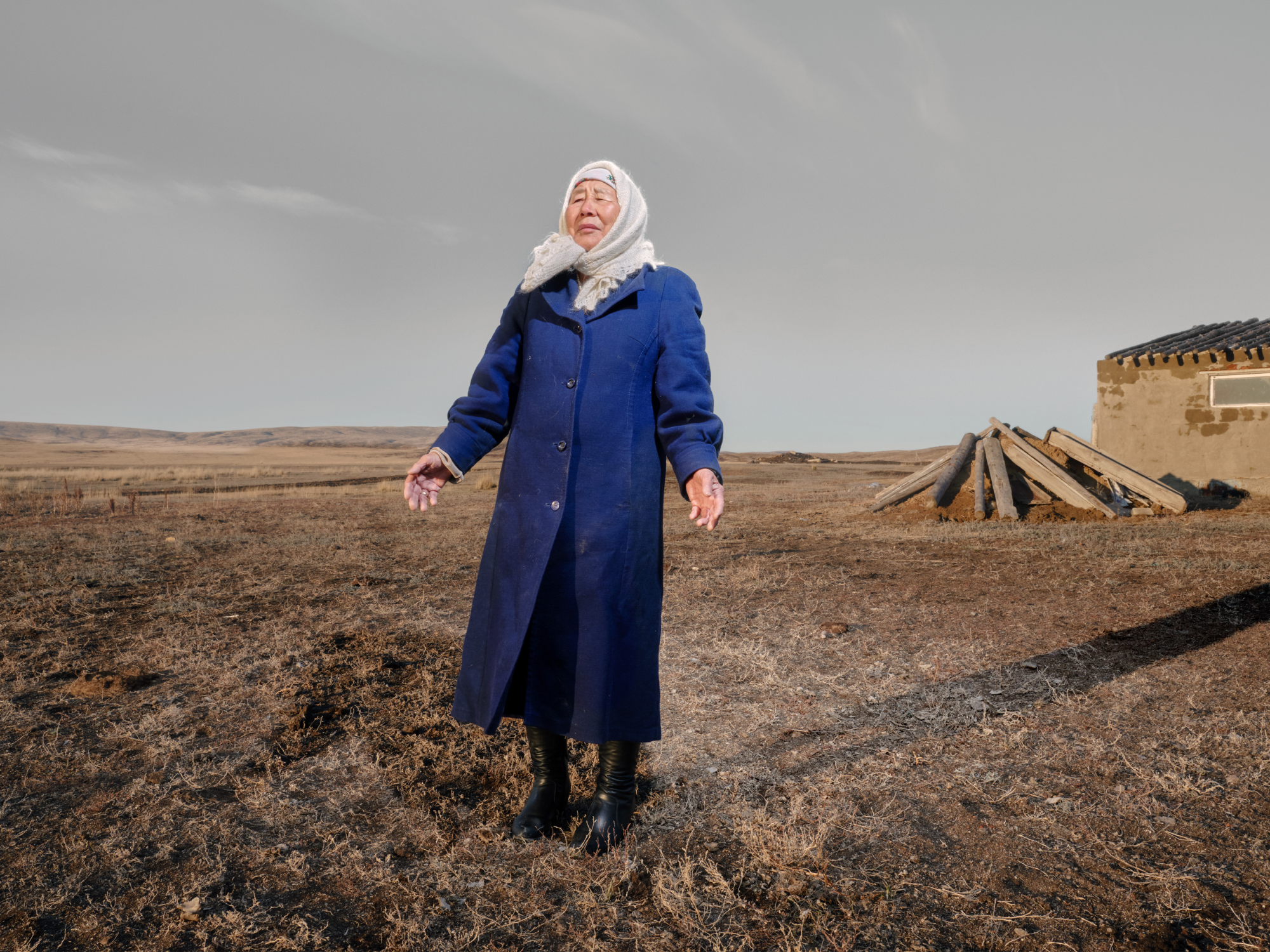
A portrait of Bauyken, who has lived in the village of Kyzyemshek since 1962 and witnessed some of the last atmospheric nuclear explosions rise from the horizon. Just before any test, military officials would come to the village and ask everybody to leave their houses and lay on the ground. She described her pain and agony over the years. Image: © Eddo Hartmann, Netherlands, Shortlist, Professional competition, Documentary Projects, Sony World Photography Awards 2024
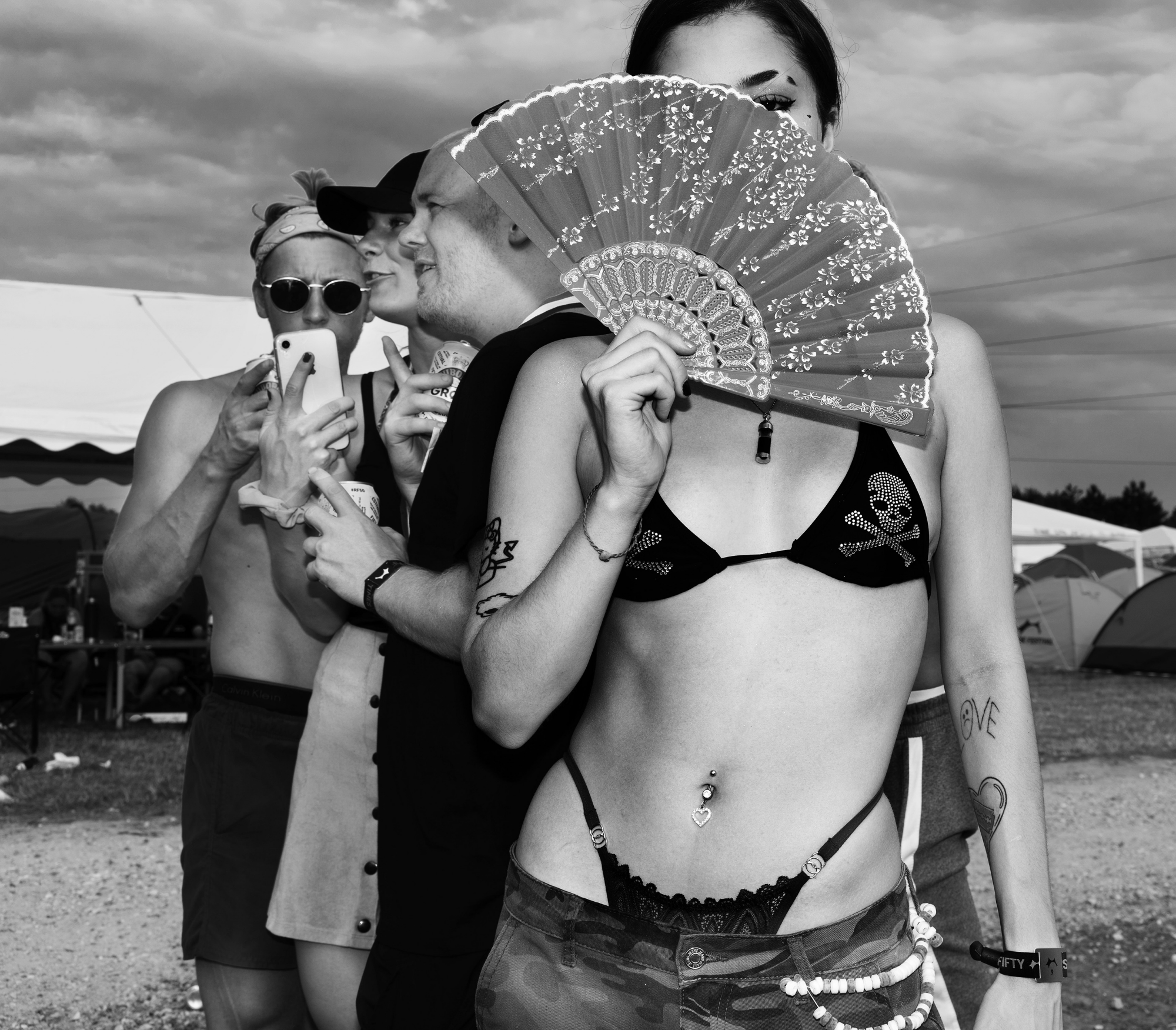
‘Camp’. Victoria bringing camp to the camps. It is the little things that distinguish us as communities and create the settings for our lives, and establishing and following traditions is what sets us apart from other groups. Every year, people gather close to the Danish city of Roskilde for the Roskilde Festival, one of the largest culture and music festivals in Europe. Before the festival opens there is a gradual build-up in the campsite, which plays host to art shows, mini concerts and film screenings; while the festival revolves around music, the essence of the experience lies in camaraderie with others. Many people have established ways in which they set up their tents and construct creative camp spaces, and for these groups, camp life takes on a life of its own, with rites and traditions, and specific ways of doing things – of living. Image: © Jens Juul, Denmark, Shortlist, Professional competition, Documentary Projects, Sony World Photography Awards 2024
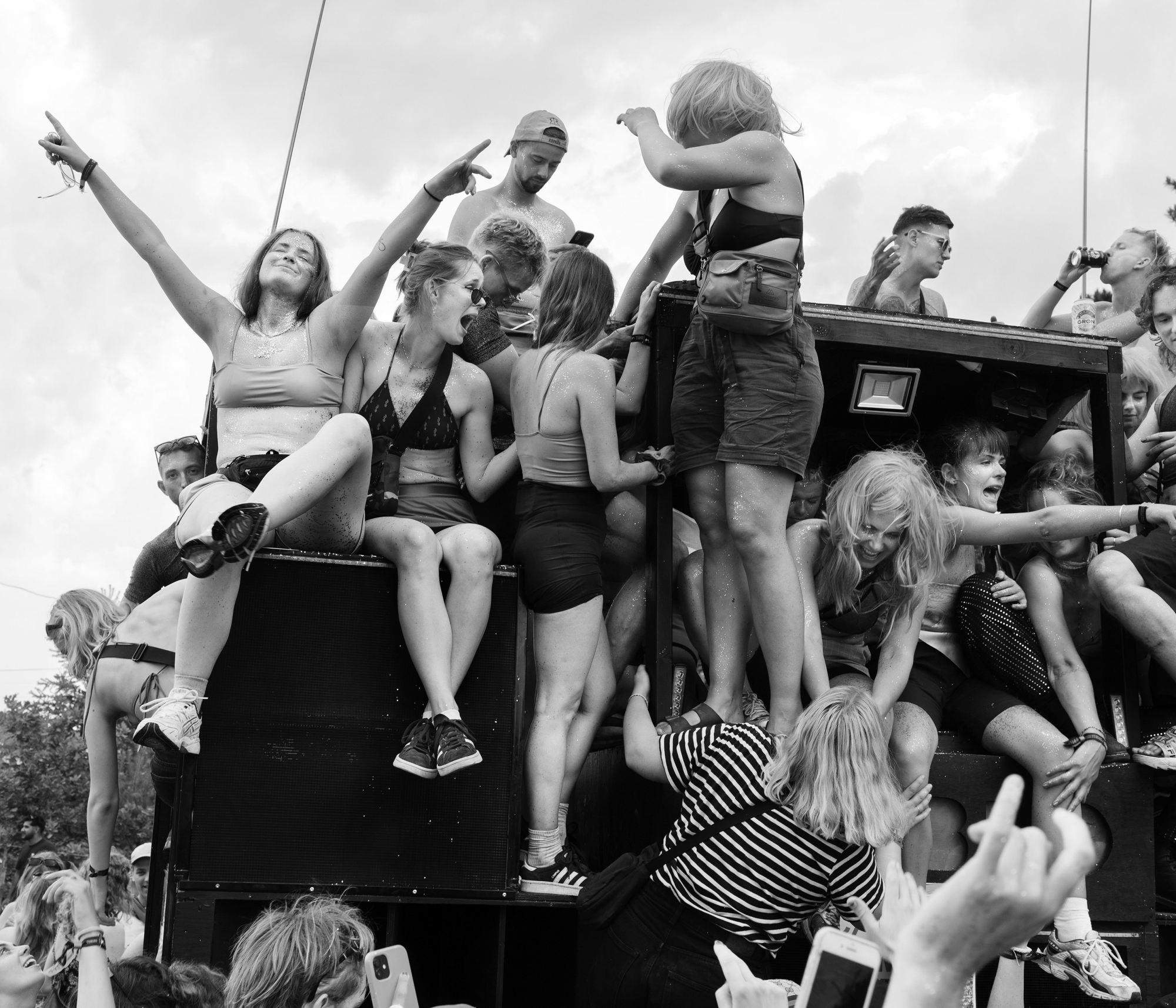
‘Camp’. A giant transportable soundbox blasts music into the camp area, immediately attracting a crowd and creating a spontaneous dance party. Image: © Jens Juul, Denmark, Shortlist, Professional competition, Documentary Projects, Sony World Photography Awards 2024
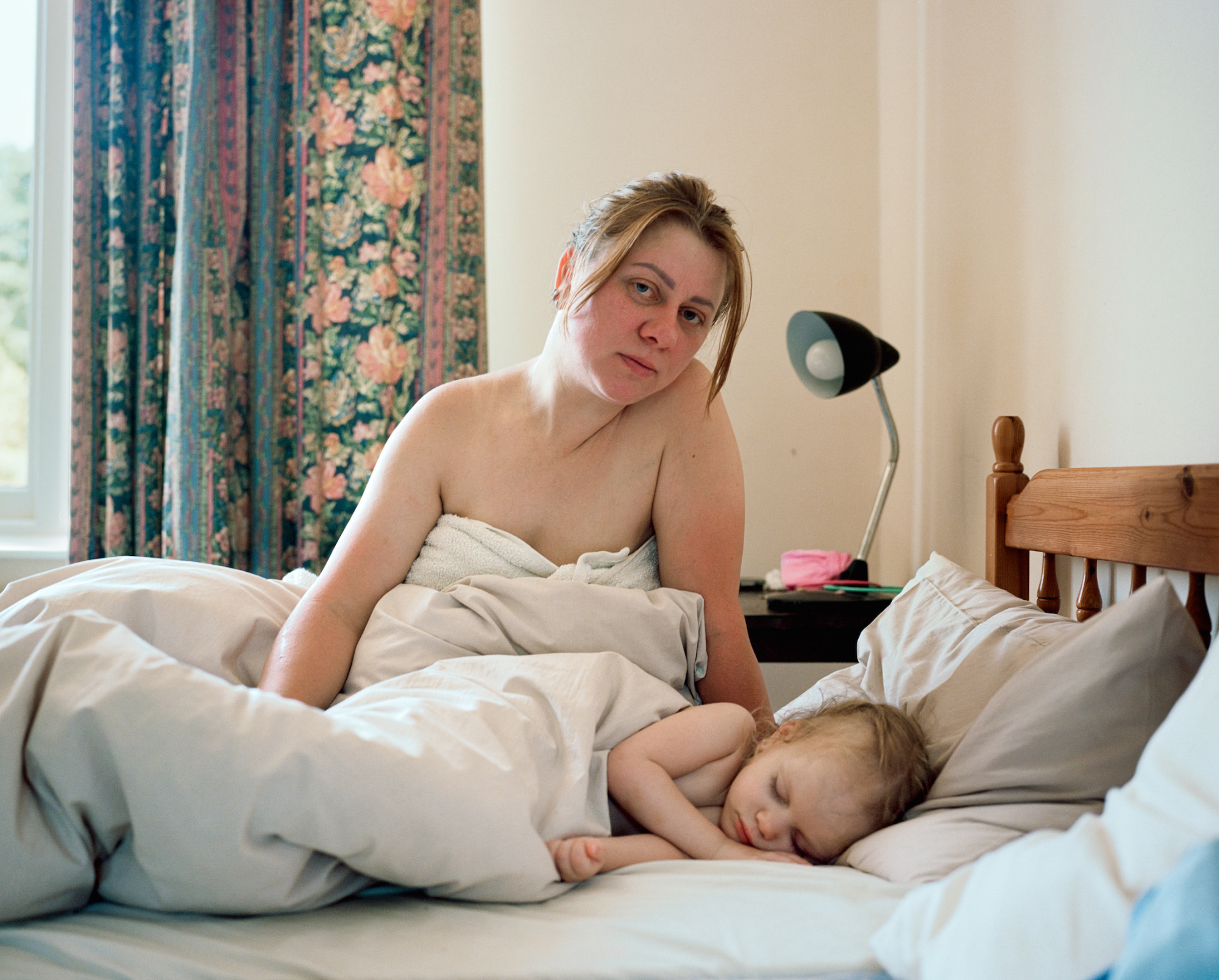
‘Alla and Adelina’. Alla and her young daughter Adelina in bed at their sponsor’s home. I wanted to show the importance of family ties when rebuilding one’s life, having been forced to flee one’s home. Alla had just got out of the shower and was waking Adelina from a nap. As she sat down next to Adelina I asked her to look at the camera, then took her portrait. In April 2022, I started photographing a community of Ukrainian refugees in Moorhaven, a village on Dartmoor in Devon, UK. I wanted to understand the impact of landing in a remote British landscape after fleeing war and making a home in the post-Brexit UK. I spent 21 months alongside the people in this project, capturing their everyday lives. The ‘Homes for Ukraine’ scheme saw the British public welcome refugees into their homes, with approximately 140,800 people housed. Of the hosts who participated, 80 percent said they were glad that they did and 70 percent said they were willing to host again, be it someone from Ukraine or Afghanistan. This project aims to show that the capacity to be open to human difference still exists in the UK, despite the ‘hostile environment’ policies, and that we are all connected in our need for purpose, a home, and community. Image: © Frankie Mills, United Kingdom, Shortlist, Professional competition, Documentary Projects, Sony World Photography Awards 2024
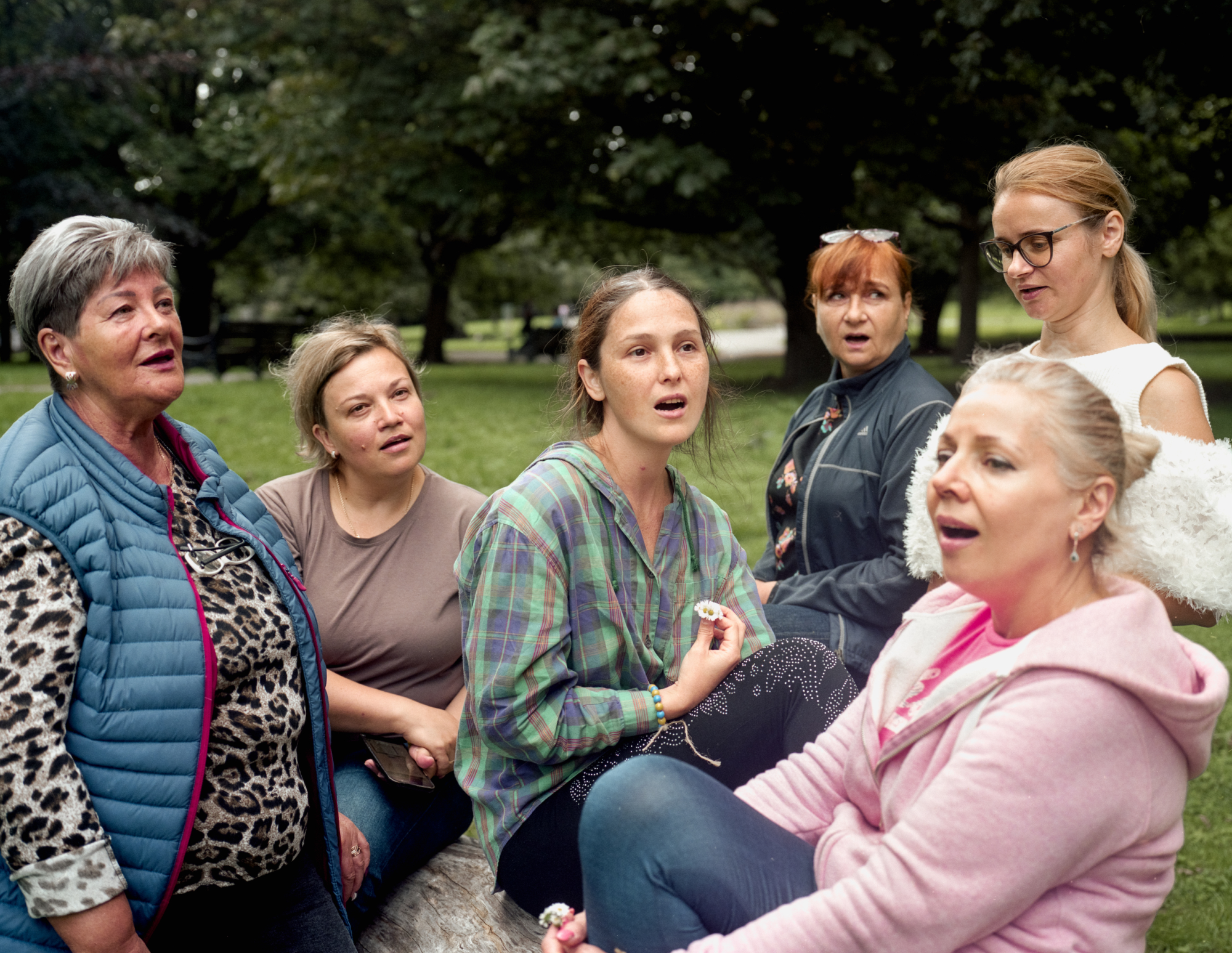
‘Choir’. “Olga-Maria (centre) photographed in the run-up to Ukrainian Independence Day. These women, each Ukrainian, had gathered in a park in Plymouth to rehearse traditional songs to perform during a planned event. I took this photograph to show the importance of community, ritual and tradition when displaced. I observed the women singing for 30 minutes before taking this photo mid-song. Image: © Frankie Mills, United Kingdom, Shortlist, Professional competition, Documentary Projects, Sony World Photography Awards 2024
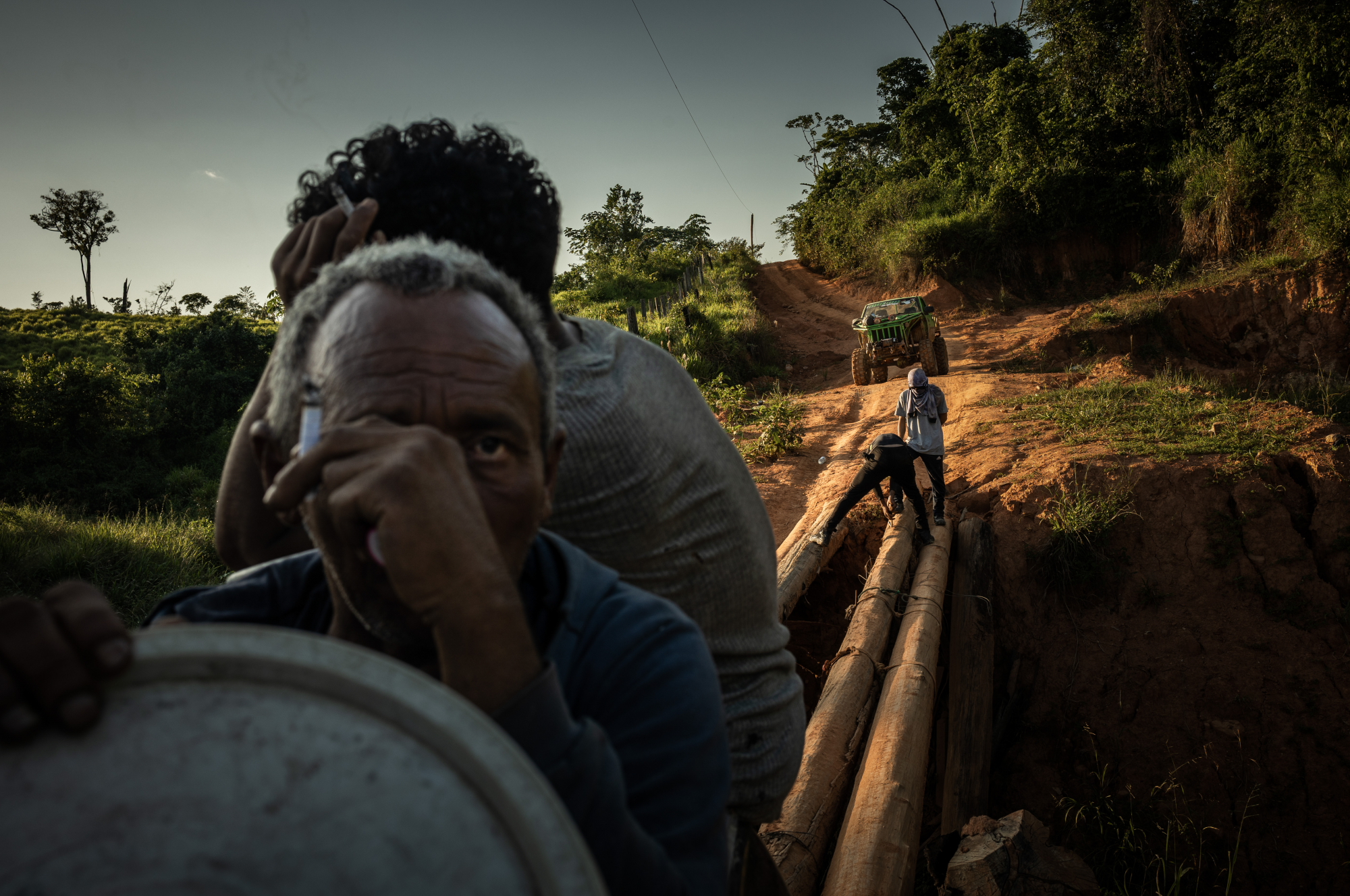
‘Exodus’. Illegal miners leave the Yanomami Indigenous Territory. Many miners have to spend a lot of their savings to leave the indigenous lands, hiding from police officers after the Brazilian government ordered an end to illegal mining in the region. ‘When all the shamans have died, I think the sky will fall. (…) The forest will be destroyed and the weather will be dark. If there are no more shamans to hold up the sky, it will not stay in place. The whites are just ingenious, they ignore shamanism, they are not the ones who will be able to hold up the sky (…) Not only the Yanomami are going to die, but all the whites too. No one is going to escape the fall of the sky.’ David Kopenawa, shaman and leader of the Yanomami people of the Amazon rainforest. The Yanomami Indigenous Territory occupies parts of the states of Roraima and Amazonas in Brazil, and is marked by illegal mining, malaria and malnutrition. In January 2023, indigenous and socio-environmental entities denounced an ongoing humanitarian tragedy in the area. Image: © Raphael Alves, Brazil, Shortlist, Professional competition, Documentary Projects, Sony World Photography Awards 2024
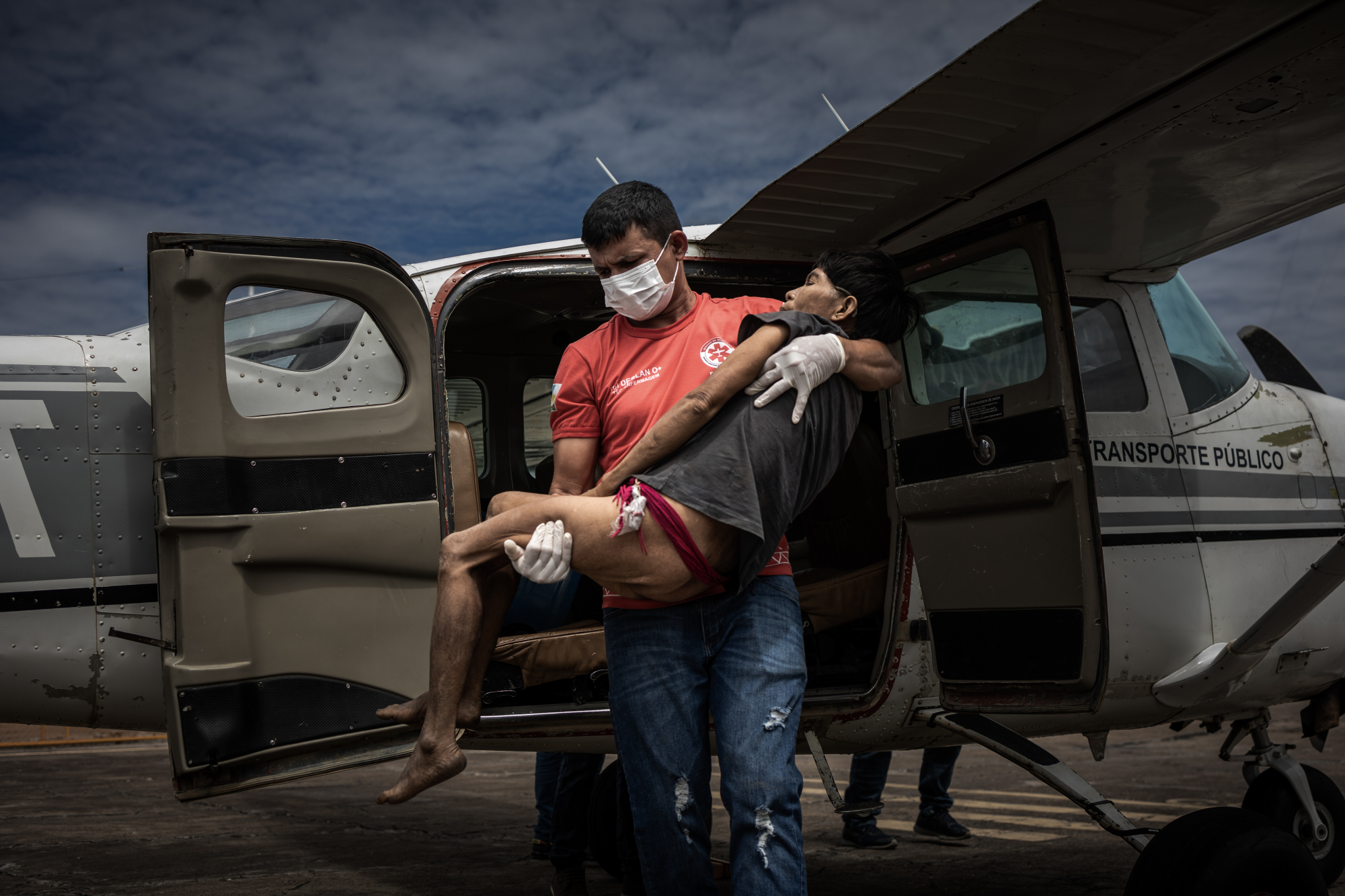
‘The Falling Sky’. A Yanomami woman with severe malaria and signs of malnutrition receives assistance after arriving on a plane at an airport in the city of Boa Vista, the capital of Roraima, Brazil. The Brazilian government has declared a health emergency for the Yanomami people. Image: © Raphael Alves, Brazil, Shortlist, Professional competition, Documentary Projects, Sony World Photography Awards 2024 DM










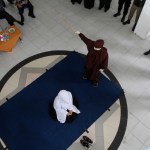









 Become an Insider
Become an Insider
Comments - Please login in order to comment.